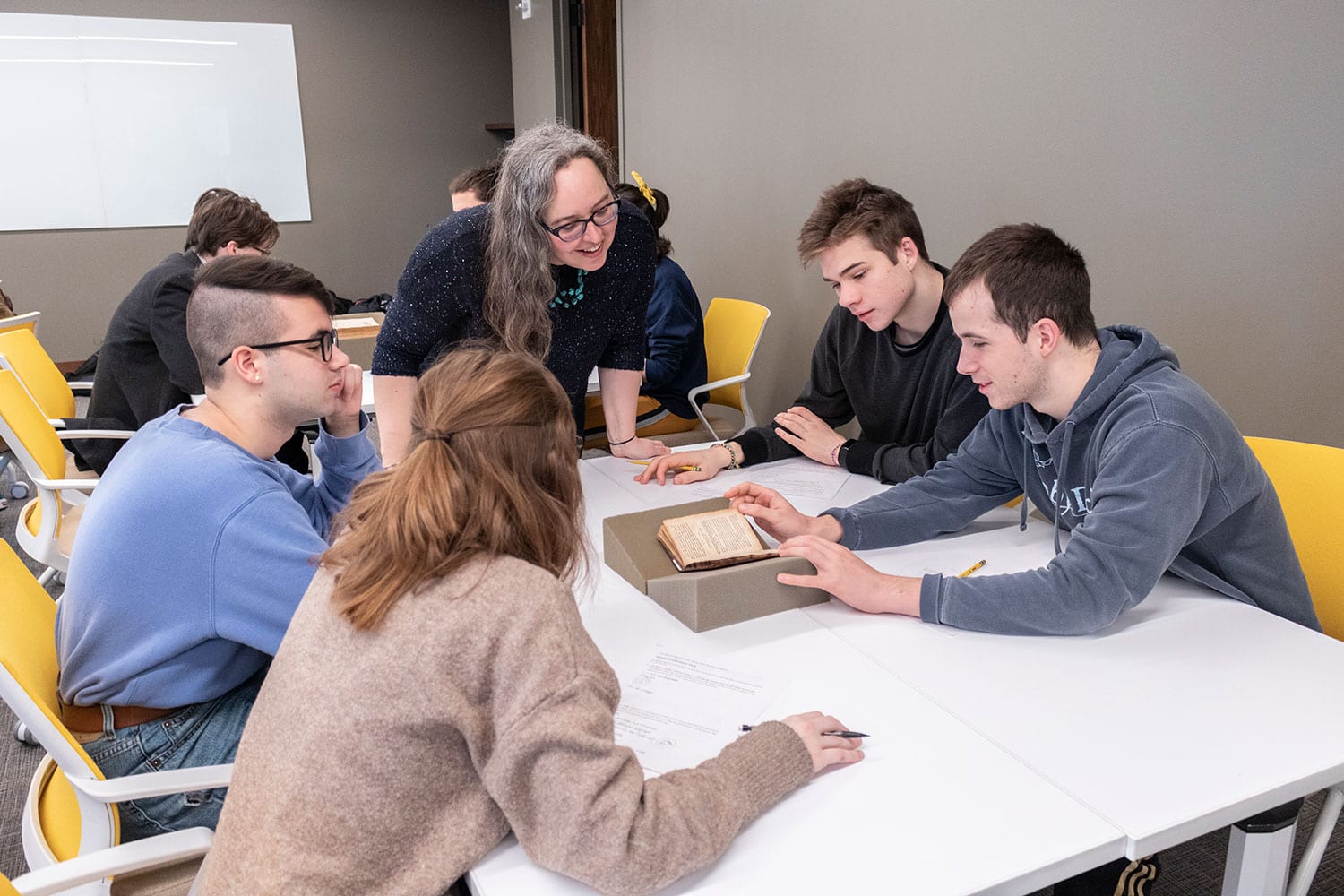Course Title: “Perspectives in Biology: Plants and People”
Taught By: Associate Professor of Environmental Studies Jonathan Wilson
Says Wilson:
This is a course on the evolution, physiology, development, and overall biology of plants that uses case studies of economically important plants to illuminate themes like hybridization, monoculture, and adaptation. We study a wide variety of plants in this course—coffee, tea, cacao, banana, wheat, rice, grape, and more—and each one has its own physiological properties and cultivation history. This course is combined with an upper-level class, called “Economic Botany,” designed for environmental studies and biology majors, which analyzes these plants in greater detail by looking at their physiology, genome, and chemistry.
I created this class as a way to teach students about the extraordinary biodiversity of plant life using plants that are often taken for granted. Humans are surrounded by unusual plants that have been domesticated for our use, but are no less fascinating because they are abundant. A trip to the Dining Center, properly contextualized, is a trip through plant evolutionary history, and this class provides that context. As the late Mary Oliver wrote, “Attention is the beginning of devotion.”
The course is unusual because it is an applied science class that combines the classroom with the field. Weather permitting, we apply our classroom knowledge to plants on campus and learn to identify and investigate plants through hands-on activities in the Arboretum. In the past, we have been able to take this class to far-flung locations, such as Trinidad and Tobago and Yunnan, China. It has been a popular course: in the last few years, more than 120 students have signed up to take this class.
Learn more about other seminars offered by the Bi-College Department of Environmental Studies.

